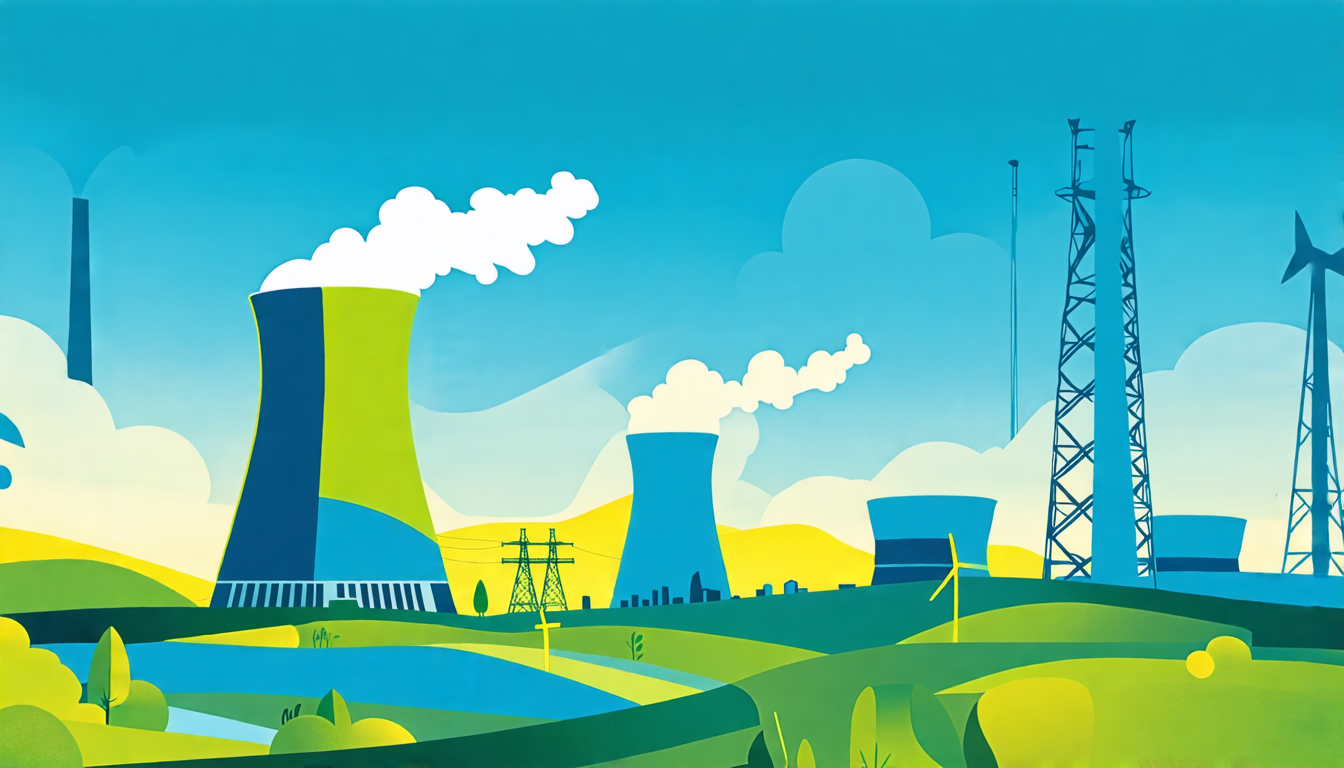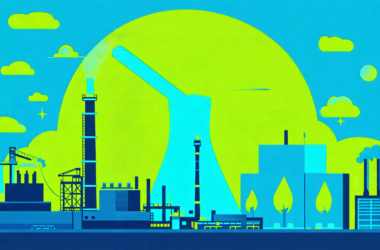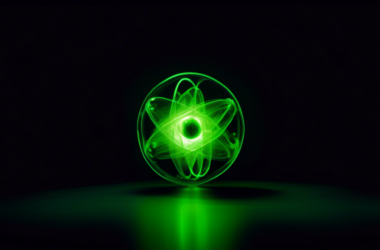“`markdown
IAEA Announces Nuclear Power Expansion
On October 20, 2023, the International Atomic Energy Association (IAEA) announced that a dozen countries are anticipated to commence electricity production from nuclear power sources within the coming years. This initiative is pivotal in underscoring the increasing global reliance on nuclear energy as a means to transition toward a cleaner energy system, reflecting a significant shift in energy strategies worldwide.
This development highlights the growing importance of nuclear energy, which currently accounts for approximately 9% of global electricity and serves as the second-largest source of low-carbon power. Over 50 countries are currently leveraging nuclear technology to meet their energy needs, illustrating its widespread adoption and potential growth.
Impact on Uranium Demand and Market Trends
The increase in nuclear power generation in these nations is expected to drive a surge in demand for uranium, spurring further investment and activity within the uranium mining industry. As countries ramp up their nuclear initiatives, the call for reliable uranium supply will grow, potentially leading to new mining ventures and explorations to satisfy this demand.
While advanced economies have seen a decline in the share of nuclear power due to aging facilities and a lack of new capacity additions, nations like China are rapidly expanding their nuclear capabilities. China aims to construct 150 new reactors between 2020 and 2035, with 27 currently under construction, positioning itself to surpass the United States in nuclear-generated electricity by 2030. In contrast, the U.S. remains the global leader with 94 operational reactors but has only seen two new plants completed in the past decade.
Regulatory Framework and Future Prospects
The establishment of a nuclear power program necessitates meticulous planning and investment in national infrastructure. This involves the creation of robust legal frameworks and regulatory bodies, as well as the development of human resources essential for operating nuclear facilities. The IAEA plays a crucial role in this process, offering guidance, training, and review services to help nations adopt the Milestones Approach to ensure safe and sustainable nuclear energy development.
The future of nuclear energy appears promising, particularly in achieving global climate targets. As nations explore nuclear power as a viable energy option, its contribution to reducing carbon emissions and enhancing clean energy provision could be significant. The upcoming years will likely witness increased activity in both the uranium sector and nuclear power initiatives as countries prioritize energy security and sustainability.
“`










